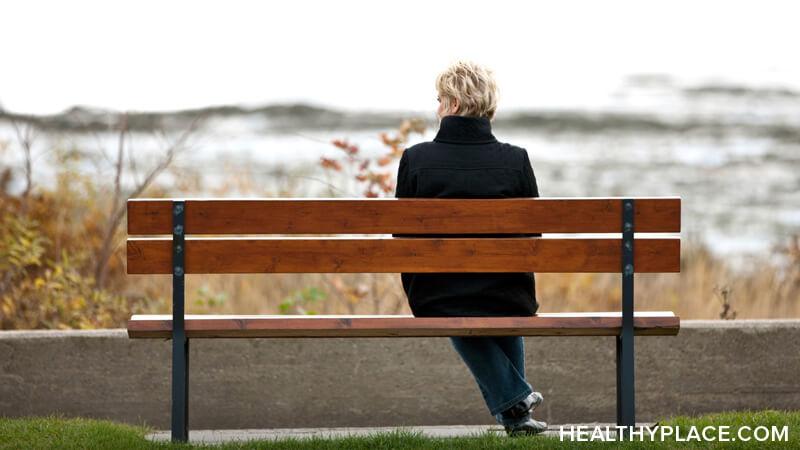Surviving a Loved One's Death by Suicide

Trigger warning: This post involves frank discussion of suicide and coping skills for people who have lost loved ones by suicide.
In all of its forms, grief is excruciating, but surprise-grief is the worst of all; and the "surprise" of a loved one's death by suicide can cause you to wonder if you, yourself, will be able to survive. There are many factors, such as your relationship to the person or your mental health, that influence how you react and cope.
I have lost a handful of people in my life to death by suicide. Each death struck me differently. I realized that while there is no roadmap to successfully navigate the labyrinth of loss and grief, understanding the following principles helped me learn to cope.
My Roadmap to Recovery from a Loved One's Death by Suicide
Experiencing Unexpected Emotions
When someone that you know dies by suicide, you may experience unexpected emotions. You may feel despair due to their untimely death, anger at them for leaving, or self-loathing for not recognizing the signs of suicide that may or may not have been present (or all three of these together). Maybe you are shocked at the news because they seemed healthy in your eyes. Even if they are only your acquaintance, their suicide might still impact you. You might find yourself shuffling through your memories, trying to remember what you said the last time you saw them. Maybe you feel inclined to contact their family, but you don't know what to say.
Or you may feel none of these things--you may just feel numb for a little while.
Learning to Cope with a Loved One's Death by Suicide Is a Process
Learning to cope with a loved one's death by suicide is a long process that looks different for everyone. It starts with recognizing and accepting what you are feeling. Someone that you care about has died--no reaction is off-base. These feelings can vary in both breadth and intensity, but they tend to worsen as you avoid confronting them. Pretending to be okay might numb you for a moment; but, pain festers the more that you hide it. Sharing how you're feeling with a trusted friend, family member, or therapist can help understand what you're experiencing.
You are not weak for feeling like you can't survive. It is not a mark of cowardice that you want to hide under the covers forever. Leaning into life without your loved one is overwhelming, and it doesn't happen overnight. You don't have to be an expert at dealing with an unexpected loss. Take things one day, even one moment, at a time. Feel what you feel, and be gentle with yourself.
It Gets Better
The path to healing from a loved one's death by suicide does not require blotting out all of your memories of your loved one. You don't have to forget about them to feel peace. I don't believe that time is the ultimate remedy for loss, but I do believe that you will get better at coping as you practice. As you crawl your way into a new life without them, you will gradually feel better.
Death doesn't minimize your love for someone else; in fact, I've found that it often fleshes out that love in unique ways. There will be days where the loss feels deeper, the shock sharper, the grief thicker. Don't flinch at those moments when they come. When you allow those feelings of loss of a loved one to death by suicide to pass through you, you can come out of them feeling increased fondness for the loved one that you've lost.
If you feel that you may have hurt yourself or someone else, call 9-1-1 immediately.
For more information on suicide, see our suicide information, resources and support section. For additional mental health help, please see our mental health hotline numbers and referral information section.
APA Reference
Clawson, A.
(2020, September 23). Surviving a Loved One's Death by Suicide, HealthyPlace. Retrieved
on 2026, January 1 from https://www.healthyplace.com/blogs/mentalhealthforthedigitalgeneration/2020/9/surviving-a-loved-ones-death-by-suicide